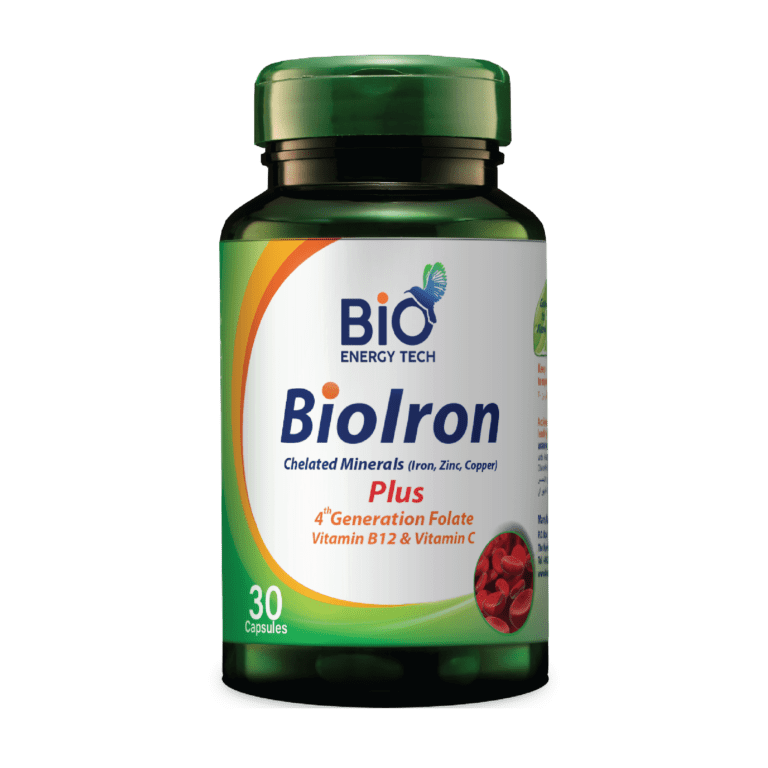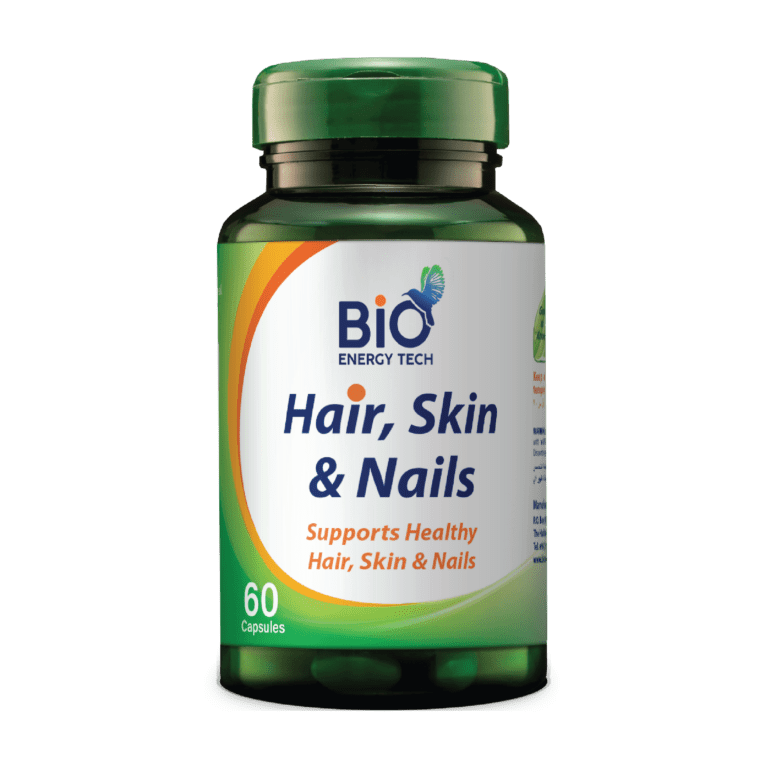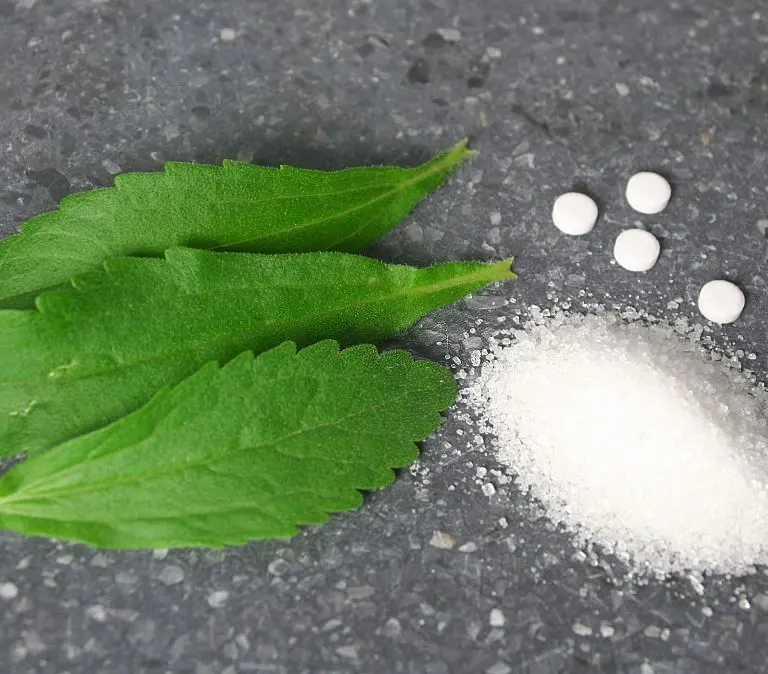One of the most important vitamins that the human body needs but can not synthesize is vitamin C or ascorbic acid. It is most commonly obtained from foods such as fruits and vegetables, commonly citrus fruits. Vitamin C is a potent antioxidant. It is also crucial for maintenance of healthy skin and strong immunity. It is involved in the synthesis of collagen, connective tissue, bones, teeth, and small blood vessels. Since our bodies cannot produce nor store vitamin C, so it is absolutely necessary to regularly eat foods that contain vitamin C, such as: (The order listed below shows the best and richest sources of vitamin C.)
- Green Plum Fruit Kakadu Plums.
- Chili Peppers
- Guava
- Paprika (capsicum)
- Blackcurrants
- Thyme leaves
- Parsley
- Kale
- Kiwi
- Broccoli
- Cabbage
- Lemon
- Persimmon
- Papaya
- Strawberry
- Orange
Symptoms of vitamin C deficiency
Since vitamin C is incorporated in many vital functions of human body, it’s deficiency leads to an imbalance resulting in the emergence of several symptoms, including:
Bumpy, rough skin:
Vitamin C is involved in the synthesis of collagen, which is a protein utilized by the hair, skin, and joints.
Splitting hair:
A change in hair texture is a distinguishing sign of a lack of vitamin C, but it is usually difficult to detect as this type of unhealthy hair quickly falls out.
Bright Red Hair Follicles:
A person might also note the appearance of red spots next to the hair follicles. This effect appears predominantly because vitamin C maintains the small capillaries that nourish the hair follicles. It’s deficiency may lead to bursting of these capillaries which appear as red spots on the surface of the skin next to hair follicles.
Brittle Nails:
This symptom is known to be one of the signs of anemia, but it also prevails in cases of vitamin C deficiency. Some people with vitamin C deficiency might note the appearance of white or red spots on their nails as well.
Dry skin:
Direct sunlight exposure in people with vitamin C deficiency may worsen oxidative damage and lead to even drier, more damaged skin.
Easy bruising from light blows:
Vitamin C is involved in collagen production therefore it’s deficiency leads to weak blood vessels due to reduced collagen production resulting in bruises on the skin.
Joint pain and swelling:
Vitamin C is involved in collagen production, which is essential for healthy joints and bones, thus its deficiency may lead to joint stiffness.
Gum disease:
Red tinted gums in addition to bleeding gums are telltale signs of vitamin C deficiency. Severe vitamin C deficiency can even lead to tooth loss.
Impaired immunity:
Persistent vitamin C deficiency may lead to weakened immunity thus increasing the frequency of colds and other infections.
Benefits of Vitamin C
Vitamin C and Iron:
Vitamin C deficiency has been associated with significant anemia, apparent through several symptoms, including fatigue, headache, dizziness and heart palpitations. Vitamin C is a powerful enhancer of iron absorption and its deficiency leads to decreased absorption of iron. As stated above, vitamin C deficiency also leads to bleeding such as bleeding gums, which might also increase the incidence of anemia.
Vitamin C for Colds:
Vitamin C is a powerful antioxidant and immunity enhancer which means that consuming sufficient amounts of it may reduce the risk of getting sick with colds and flus. Some studies have shown that consuming vitamin C led to a reduction in the duration of colds during an active infection as well as symptomatic relief associated with it.
Vitamin C and the Heart:
Several studies have shown that vitamin C may reduce elevated systolic and diastolic blood pressure readings. While other research has shown that vitamin C may reduce the levels of cholesterol and triglycerides in the blood. Blood pressure and hyperlipidemia are among the most dangerous conditions leading to heart diseases therefore consuming vitamin C may reduce this devastating risk.
Side Effects of Vitamin C:
Generally, vitamin C consumption is very safe and it is essential as well as beneficial to our bodies, especially since the body cannot manufacture it or even store it, so we need to consume it regularly.
Some side effects of taking vitamin C supplements include heartburn, nausea, diarrhea and abdominal pain.
Vitamin C during Pregnancy and Lactation:
Vitamin C is considered very safe for breastfeeding and pregnant women. They are advised to consume at a dose determined by their doctor due to the body’s need for it as well as its many benefits. Pregnant and breastfeeding women are not advised to consume more than the set dose prescribed to them by their doctor.
Vitamin C for Children:
Vitamin C increases the body’s immunity and is also involved in bone growth. Vitamin C is safe for children of all ages but in different doses according to their different needs.
Vitamin C and Alcohol Consumption:
Drinking alcohol may speed up vitamin C clearance from the body through the urine, therefore it is advised to avoid concomitant alcohol consumption with vitamin C.
Vitamin C and Smoking:
Smoking reduces the body’s ability to absorb vitamin C, therefore it is advisable to avoid smoking while consuming vitamin C.
Vitamin C and Kidney Disease:
Vitamin C intake may increase the amount of oxalate in the body. Elevated oxalate levels in people with kidney disease and kidney stones may exacerbate these conditions leading to an increased risk of kidney failure.
Vitamin C Drug Interactions:
Vitamin C and Aluminum:
Aluminum is an ingredient present in some antacids. Concomitant consumption of aluminum and vitamin C may increase aluminum absorption to unwanted levels in the body, so it is advised to separate their consumption by at least two hours.
Vitamin C and Estrogen:
The hormone estrogen is present in some birth control pills. Consuming vitamin C with estrogen may prolong its effects and presence in the body, consequently increasing its side effects.
Vitamin C and Chemotherapy in Cancer Patients:
Vitamin C is a known antioxidant. Generally speaking, antioxidants may reduce the effectiveness of chemotherapy.
Vitamin C and Blood Thinners:
Blood thinners; also known as anticoagulants, the most common of which is warfarin, slow the process of blood clotting. Vitamin C consumption may reduce the effectiveness of this drug, which increases the occurrence of clotting and strokes.
RELATED PRODUCTS
-
30 Capsules
BioIron | Gentle Chelated Iron Supplement with Folate, Vitamin C & B12 | 30 Capsules | Halal Certified
19.22 $ USDAdd to cartRated 0 out of 5








